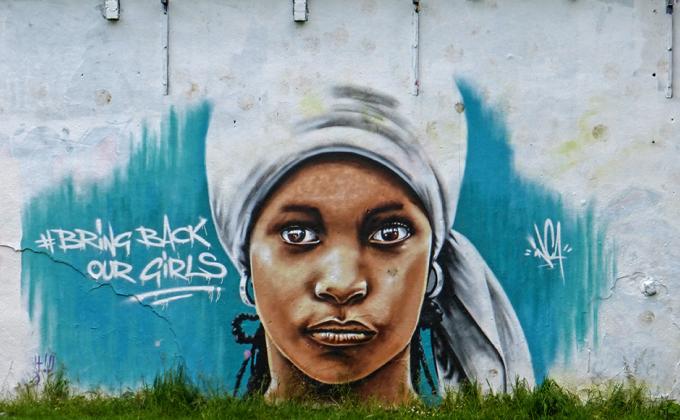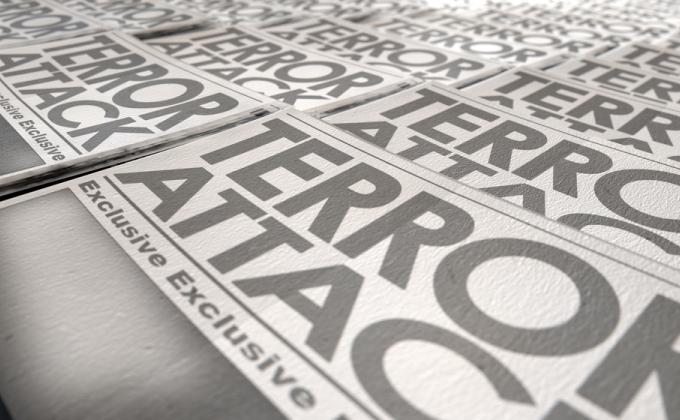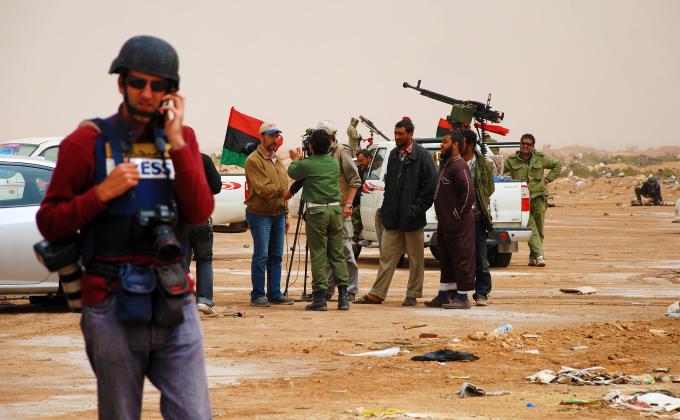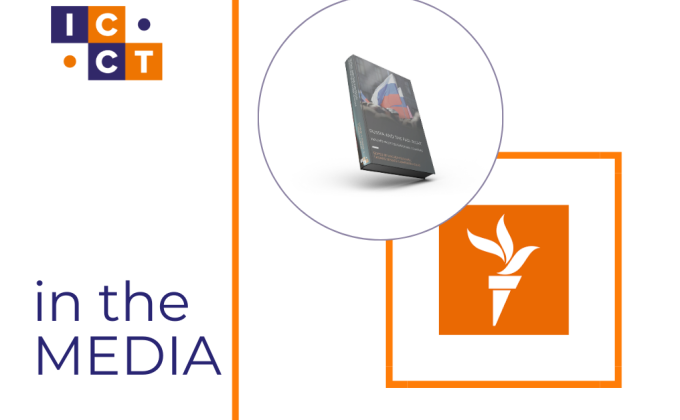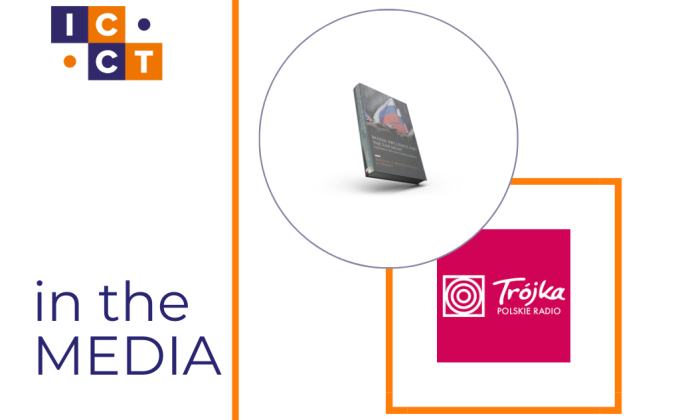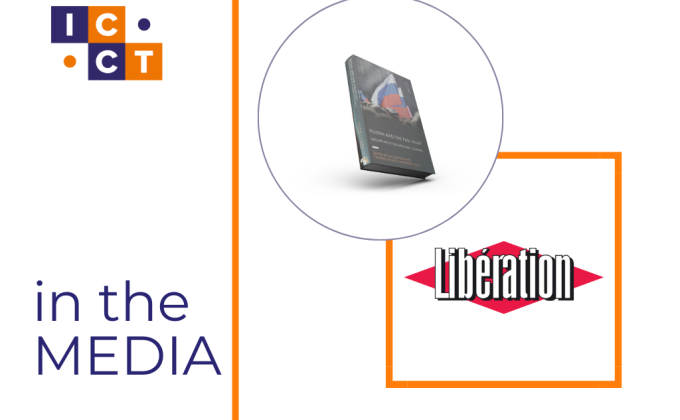This report synthesises the findings of three research reports, which explored media responses to three terrorist incidents – the Chibok kidnapping in Nigeria in 2014, al-Shabaab attacks in Nairobi in 2013 and 2019, and the Easter Sunday bombings in Sri Lanka in 2019. These papers – part of an ongoing project led by International Centre for Counter-Terrorism (ICCT), and by the European Union – examine how terrorism is reported in non-Western countries, and aim to increase the capacity of journalists, governments and civil society to respond to terrorist threats accurately, responsibly and proportionately. The paper discusses the findings and recommendations of the three studies, and develops some overarching recommendations on how to improve the media’s response to terrorist incidents.



